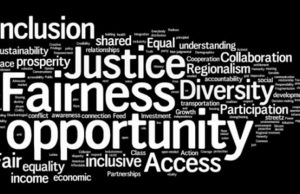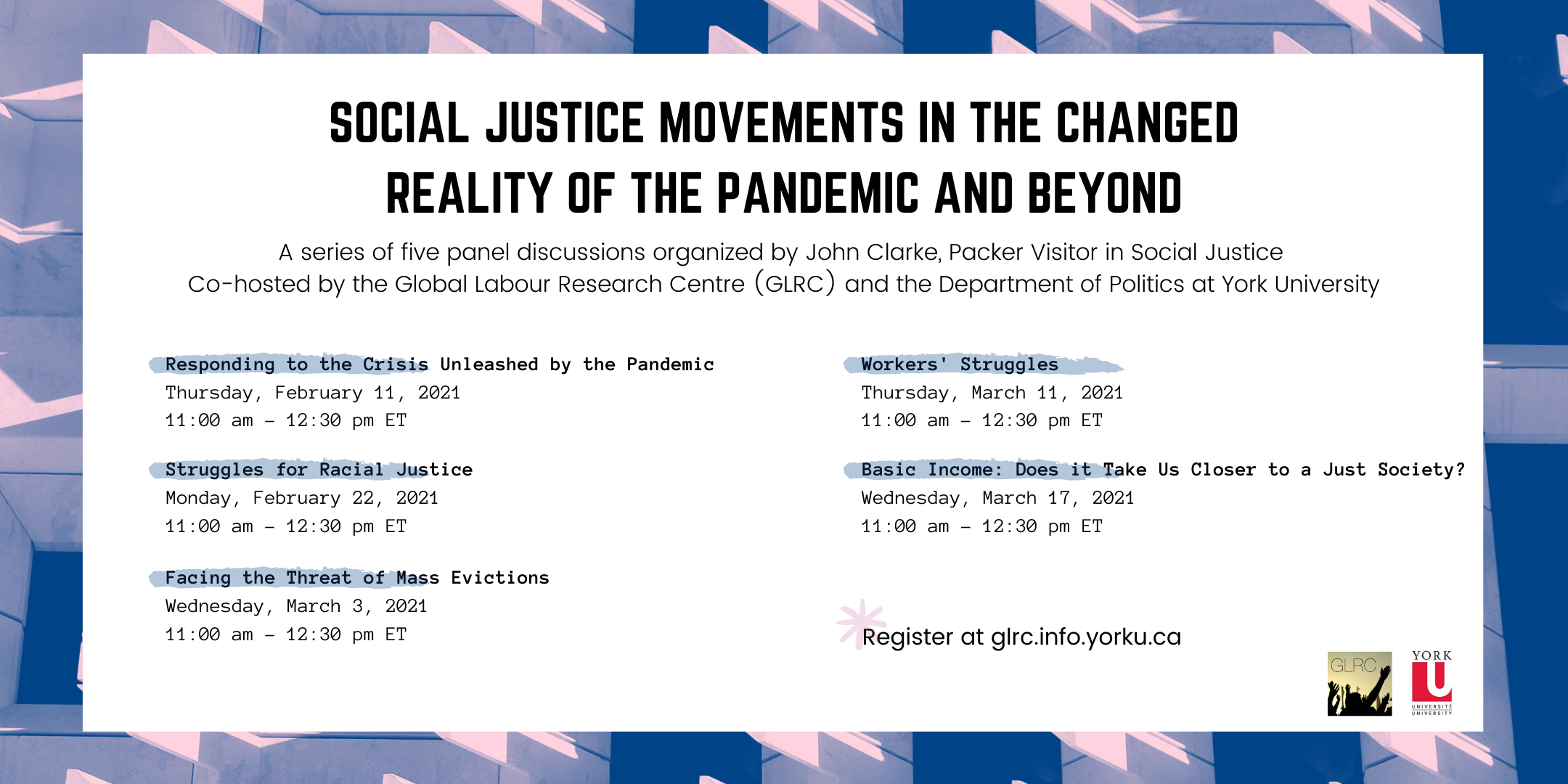What Is The Relationship Between Architecture And Social Justice Movements?

Archives have always been an essential component of our history, allowing us to delve into the past and learn from it. However, it's not only about history but about the present and future as well. Archives provide us with valuable information that can help us shape a better future for our society. The relationship between archives and social justice is crucial, and it's essential to understand how they are related to each other. Below are some points that explain this relationship in full.
1. Archives are evidence of the past
Archives are a collection of historical records used to document and preserve information that can help us understand our past. They provide concrete evidence of past events, people, and places, which help us to better understand and learn from our history. Archives act as a reference point for future generations. Without archives, we might forget significant aspects of our culture and society, leading us to repeat the same mistakes as our ancestors.
2. Archives inspire social change
Archives serve as a visual representation of what our society was like before, and how it has changed over time. They inspire people to reflect on their past and push for change in the present concerning social and political issues. By looking at past records, we can see how far we have come, what we have accomplished, and where we still need to progress. Archives help to facilitate social discourse
3. Archives can shed light on injustice
Archives provide us with a vast amount of information that can be used to identify and examine social injustices and inequality. They show us how society treated certain groups of people, such as women, minorities, LGBTQ communities, and others, during different time periods, and help us draw conclusions about where our attitudes come from and how to change them. Through archives, we can see firsthand how government policies, practices, and laws have impacted the lives of various groups.
4. Archives preserve marginalized voices
Archives preserve the voices and stories of marginalized communities that might otherwise be lost. They keep stories from disappearing, and they help to highlight historical events and individuals who have been neglected or excluded from traditional history books. By preserving communication records, such as letters and diary entries, researchers can explore the experiences of people who have not been adequately represented in the past. This can also assist in the representation of these voices in future works.
5. Archives protect human rights
Archives play a significant role in protecting human rights. They help to create accountability by documenting human rights violations and addressing them to the relevant authorities. Furthermore, archives allow access to information, promoting transparency and informing public opinion. People use archives to challenge governments, organizations, and corporations on issues like discrimination, poverty, and healthcare. They reveal previously hidden information about our world, and by accessing this information, we can shine a light on important issues and hold institutions accountable.
6. Archives can be used to empower communities
Archives empower communities by providing access to information that is crucial to their lives. This can include information about their ancestral roots, cultural traditions, and previous community experiences, all important for social identity and recognition. By making archives readily available to marginalized communities, we can give them a sense of ownership and control over their histories. It allows them to share their stories and concerns, correct historical misconceptions, and advocate for their rights. Research data and empirical evidence can be extracted from archives and used to influence socioeconomic policies.
7. Archives facilitate cultural exchange
Archives facilitate cultural exchange and give us an understanding of other societies in natural ways. This is accomplished by preserving documents, artifacts, and photographs from distant lands and different time periods. Archives thus maintain cultural heritage records and artifacts, identity, and communal memory. Society understands the relevance and malleability of archival records. This can also facilitate international dialogue, something critical to enriching cultural exchanges across the globe.
8. Archives encourage critical thinking and learning
Archives are not stagnant materials but offer complex records with multiple interpretations, making it very versatile when it comes to teaching and learning about history and social issues in general. As students use archives and their content, research and reviewing records give them skills in critical thinking, problem-solving and fact-finding., and helps them develop their learning in diverse areas such as history, politics, science, sociology and linguistics.
FAQ
Why is it important to fight for social justice?
Social justice is essential for creating an equitable and fair society for all individuals. It seeks to ensure people are treated equitably and with respect, irrespective of their gender, sex, ethnicity, class, sexual orientation, or occupation. Additionally, social justice helps reduce the disadvantages some groups are likely to face as a result of social, environmental, political, and economic factors. Thus, it creates a level playing field for every individual, providing everyone with an opportunity to succeed in their life.
What is the role of records management in archives and social justice?
Records management involves the control of records from their creation to their disposal. It's essential in archives and social justice, as it helps in organizing, preserving, and providing controlled access to records that provide evidence of social and political issues. Effective records management facilitates transparency, accountability, and compliance, all critical factors in promoting social justice. By properly organizing, preserving, and providing access to records, organizations can ensure they are adhering to ethical and legal standards.
What can be done to promote social justice through archives?
Several actions can be taken to promote social justice through archives. Firstly, there needs to be increased awareness of the importance of archives in promoting social justice. This can be done by promoting public access to archives through digitization and outreach activities. The archiving of materials that represent marginalized voices should be given top priority. Records creators and keepers must include diverse records that provide evidence of the most prevalent social and political issues. There also needs to be a diversity of those curating and managing the archives themselves, to ensure the most representative responsibility. Finally, it is also essential to confront the historical biases and transformations of the archival record and work to encourage dialogue around the utilization of archives in the social justice movement.
The relationship between archives and social justice is critical and has a long history of being closely linked. Archives provide us with a window into our past, enabling us to understand the social and political systems that have shaped our world and key events. Thus, it's essential to support the continued efforts of preserving and maintaining archives to inspire current and future generations to continue striving for social justice.




Post a Comment for "What Is The Relationship Between Architecture And Social Justice Movements?"